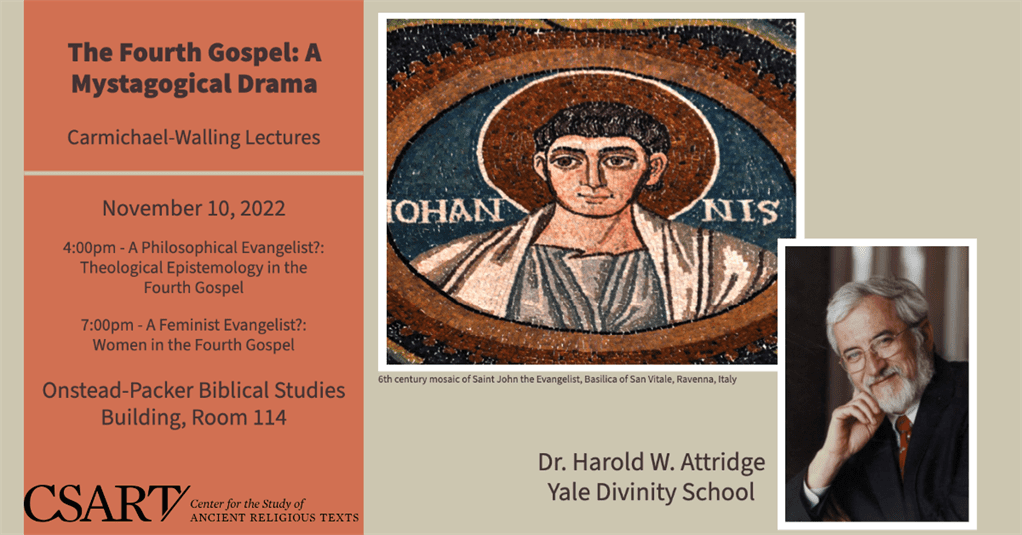Even though our world today is drastically different from ancient civilizations, many of the same moral and ethical dilemmas persist. Religious texts from millennia ago contain a wealth of wisdom that is still relevant today. This article highlights ten lessons that are applicable to modern-day life, such as respecting all life, loving your neighbor, practicing gratitude, embracing change, seeking wisdom, practicing forgiveness, cultivating inner peace, serving others, staying humble, and living in harmony with nature. By drawing upon the insights of ancient religious texts, we can navigate the complexities of the present and create a more compassionate and sustainable future.
10 Lessons from Ancient Religious Texts That Still Apply Today
Our world today is vastly different from the world of ancient civilizations, yet many of the same moral and ethical dilemmas persist. The wisdom contained in religious texts from millennia ago can be surprisingly relevant for modern-day life. Here are ten lessons from ancient religious texts that still apply today:
1. Respect for All Life
The principle of respect for all life is a cornerstone of many religious traditions, including Hinduism, Buddhism, and Jainism. The belief that all living beings are interconnected and have inherent value is the basis for vegetarianism, nonviolence, and environmental stewardship. This lesson is still important today as we face global challenges such as climate change, pandemics, and social inequality.
2. Love Your Neighbor
The Golden Rule is a universal concept found in nearly every religious tradition: treat others as you would like to be treated. It’s a simple but powerful message that emphasizes empathy, compassion, and kindness. This lesson still applies today as we strive to build more inclusive communities and bridge divides between different cultures, religions, and political beliefs.
3. Practice Gratitude
Gratitude is a common theme in religious texts, from the Psalms in the Bible to the teachings of the Buddha. The practice of giving thanks for what we have can help us cultivate a positive outlook, strengthen relationships, and make us more resilient in the face of adversity. This lesson is especially relevant in today’s fast-paced and materialistic culture, where it’s easy to take things for granted.
4. Embrace Change
Many religious texts emphasize the impermanence of all things and the inevitability of change. The teachings of Buddhism, in particular, encourage us to accept change and let go of attachment to things that are fleeting. Today, as we cope with rapid technological advancements, shifting global economies, and changing social norms, this lesson can help us stay grounded and adaptable.
5. Seek Wisdom
The pursuit of knowledge and wisdom is a core value in many religious traditions. From the ancient Greek philosophers to the Islamic scholars of the Middle Ages, seeking knowledge has been seen as a path to enlightenment and personal growth. Today, in a world where information is readily available but often unreliable, this lesson reminds us to seek out trustworthy sources and to approach learning with humility and curiosity.
6. Practice Forgiveness
Forgiveness is a theme that runs throughout religious texts, from the Christian concept of divine forgiveness to the Buddhist practice of compassion. The ability to forgive oneself and others is essential for healing, letting go of resentment, and moving forward in life. In a world where conflicts and grudges can linger for generations, this lesson can help us break cycles of violence and find peace.
7. Cultivate Inner Peace
Many religious texts offer ways to calm the mind and cultivate inner peace, such as meditation, prayer, and mindfulness. These practices can help us manage stress, improve mental health, and connect with our spiritual selves. Today, as we confront new challenges such as social media addiction and information overload, this lesson can help us find balance and perspective.
8. Serve Others
The concept of serving others is central to many religious traditions, from the Christian teaching of loving thy neighbor to the Hindu principle of karma yoga. Serving others can help us develop empathy, gratitude, and purpose, and can make us happier and healthier. Today, as many people struggle with feelings of loneliness and disconnection, this lesson can help us build stronger communities and find meaning in life.
9. Stay Humble
Humility is a value that is emphasized in many religious texts, from the Taoist teachings of Wu Wei to the Jewish tradition of tikkun olam. The ability to recognize our own limitations, acknowledge our mistakes, and learn from others is essential for personal growth and healthy relationships. Today, in a culture that places a premium on self-promotion and ego, this lesson can help us stay grounded and connected to others.
10. Live in Harmony with Nature
The natural world has been revered and respected in many religious traditions for thousands of years, from the indigenous spiritual traditions of North America to the Shinto religion of Japan. Living in harmony with nature means recognizing our interdependence with the environment, taking care of our planet, and honoring the cycles of life and death. Today, as we face urgent environmental problems such as deforestation, pollution, and species extinction, this lesson is more important than ever.
Conclusion
Religious texts from millennia ago offer timeless wisdom and guidance for modern-day life. From respecting all life to living in harmony with nature, these ten lessons can help us navigate the challenges of the present and create a more peaceful, just, and sustainable future.
